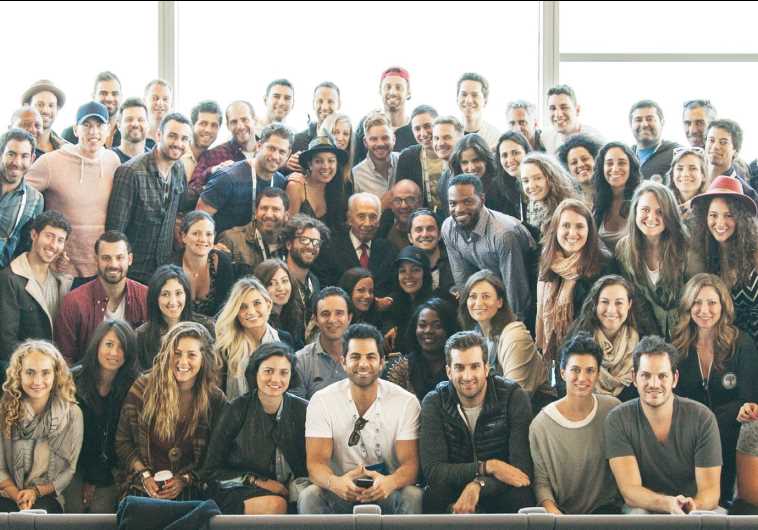When ‘tikkun olam’ and business innovation converge
The Schusterman Foundation has brought 30 of the best and brightest young entrepreneurs to Israel.
 Reality program participants meet with former president Shimon Peres.(photo credit: MAAYAN BENARTZI)
Reality program participants meet with former president Shimon Peres.(photo credit: MAAYAN BENARTZI)